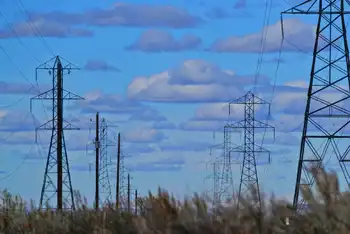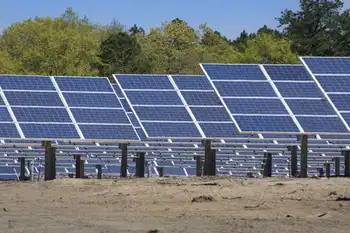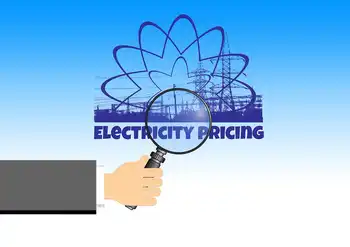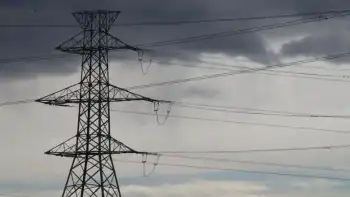Manitoba's electrical demand could double in next 20 years: report

High Voltage Maintenance Training Online
Our customized live online or in‑person group training can be delivered to your staff at your location.

- Live Online
- 12 hours Instructor-led
- Group Training Available
Manitoba Hydro Integrated Resource Plan outlines electrification-driven demand growth, clean electricity needs, wind generation, energy efficiency, hydropower strengths, and net-zero policy impacts, guiding investments to expand capacity and decarbonize Manitoba's grid.
Key Points
Manitoba Hydro IRP forecasting 2.5x demand, clean power needs, and capacity additions via wind and energy efficiency.
✅ Projects electricity demand could more than double within 20 years.
✅ Leverages 97% hydro supply; adds wind generation and efficiency.
✅ Positions for net-zero, electrification, and new capacity by the 2030s.
Electrical demand in Manitoba could more than double in the next 20 years, a trend echoed by BC Hydro's call for power in response to electrification, according to a new report from Manitoba Hydro.
On Tuesday, the Crown corporation released its first-ever Integrated Resource Plan (IRP), which not only predicts a significant increase in electrical demand, but also that new sources of energy, and a potential need for new power generation, could be needed in the next decade.
“Right now, what [our customers] are telling us, with the climate change objectives, with federal policy, provincial policies, is they see using electricity much more in the future than they do today,” said president and CEO of Manitoba Hydro Jay Grewal.
“And our current, where we’re at now, our customers have told us through all this consultation and engagement over the last two years, they’re going to want and need more than 2.5 times the electricity than we have in the province today.”
The IRP indicates that the move towards low or no-carbon energy sources will accelerate the need for clean electricity, which will require significant investments, including new turbine investments to expand capacity. Some of the clean energy measures Hydro is looking at for the future include wind generation and energy efficiency.
The report also found that Manitoba is in a good position as it prepares for the future due to its hydroelectric system, which delivers around 97 per cent of the yearly electricity. However, the province’s existing supply is limited, and vulnerable to Western Canada drought impacts on hydropower, so other electrical energy sources will be needed.
“Something Manitobans may not realize is, we are in such a privileged province, because 97 per cent of the electricity produced in Manitoba today is clean energy and net zero,” Grewal said.
Manitoba also supplies power to neighbouring utilities, with a SaskPower purchase agreement to buy more electricity under an expanded deal.
The IRP is the result of a two-year development process that involved multiple rounds of engagement with customers and other interested parties. The IRP is not a development plan, but it arrives as Hydro warns it can't service new energy-intensive customers under current capacity, and it outlines how Manitoba Hydro will monitor, prepare and respond to the changes in the energy landscape.
“We spoke with over 15,000 of our customers, whether they’re residential, commercial, industrial, industry associations, regulators, government – across the board, we talked with our customers,” said Grewal.
“And what we did was through this work, we understood what our customers are anticipating using electricity for going forward.











